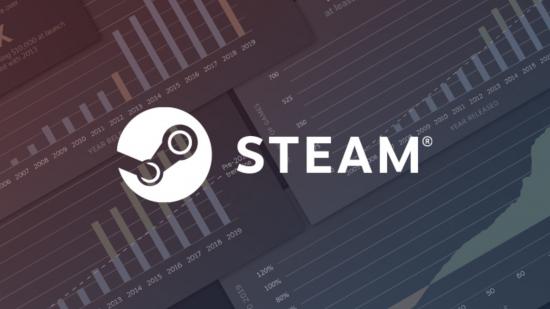Valve opened up Steam to a tidal wave of new game releases several years ago, and critics of the move have argued that the platform’s lack of curation has led to individual titles getting choked out of the spotlight. But Valve says that’s not the case, and has produced a sizable breakdown of how many games have achieved success since the floodgates were opened.
The primary metric of success here is whether or not a game earned $10,000 USD within the first two weeks of release. The number of games that have met that threshold tripled in 2019 compared against 2013, just before the new releases truly started flooding Steam. Where around 300 games earned $10k in 2013, close to 1,200 earned that much in 2019.
The data suggests bigger success stories are increasing, too – the number of games earning at least $250,000 in the first two weeks also tripled from 2013 to 2019. The results were similar for 30 day and 60 day periods, too. “Regardless of how we defined success” during this research, Valve says, “we found that an increasing number of games were achieving it.”
Valve argues that many of these successful titles would not have been on Steam at all if the store were still hand-curated, going by the trendline of how many releases were allowed onto the platform prior to 2014.
These numbers exclusively cover paid games – so no free Steam games and no apps or movies are included. DLC contributed to each game’s numbers, though only if it was sold within the first two weeks of release.
Earnings are making big jumps in the short term too, as Valve says the “median game released in 2019 earned 24% more during its first two weeks of sales than the median release in 2018.” The benefits apply to mostly to the upper 65% of games – games below the 35th percentile generally earned less in 2019 than they did in 2018.
You can get the full breakdown on the official blog. This data runs contrary to a number of critical estimates, including one Steam revenue breakdown that suggested the average Steam game was making 47% less revenue in 2019 compared with 2018. Naturally, Valve itself has access to much more reliable data on Steam as a whole, and either way, the result to end users is the same – there are still going to be a whole lot of new games on the platform all the time.
